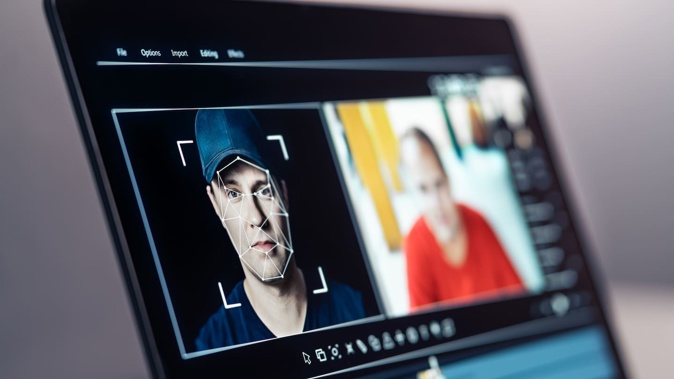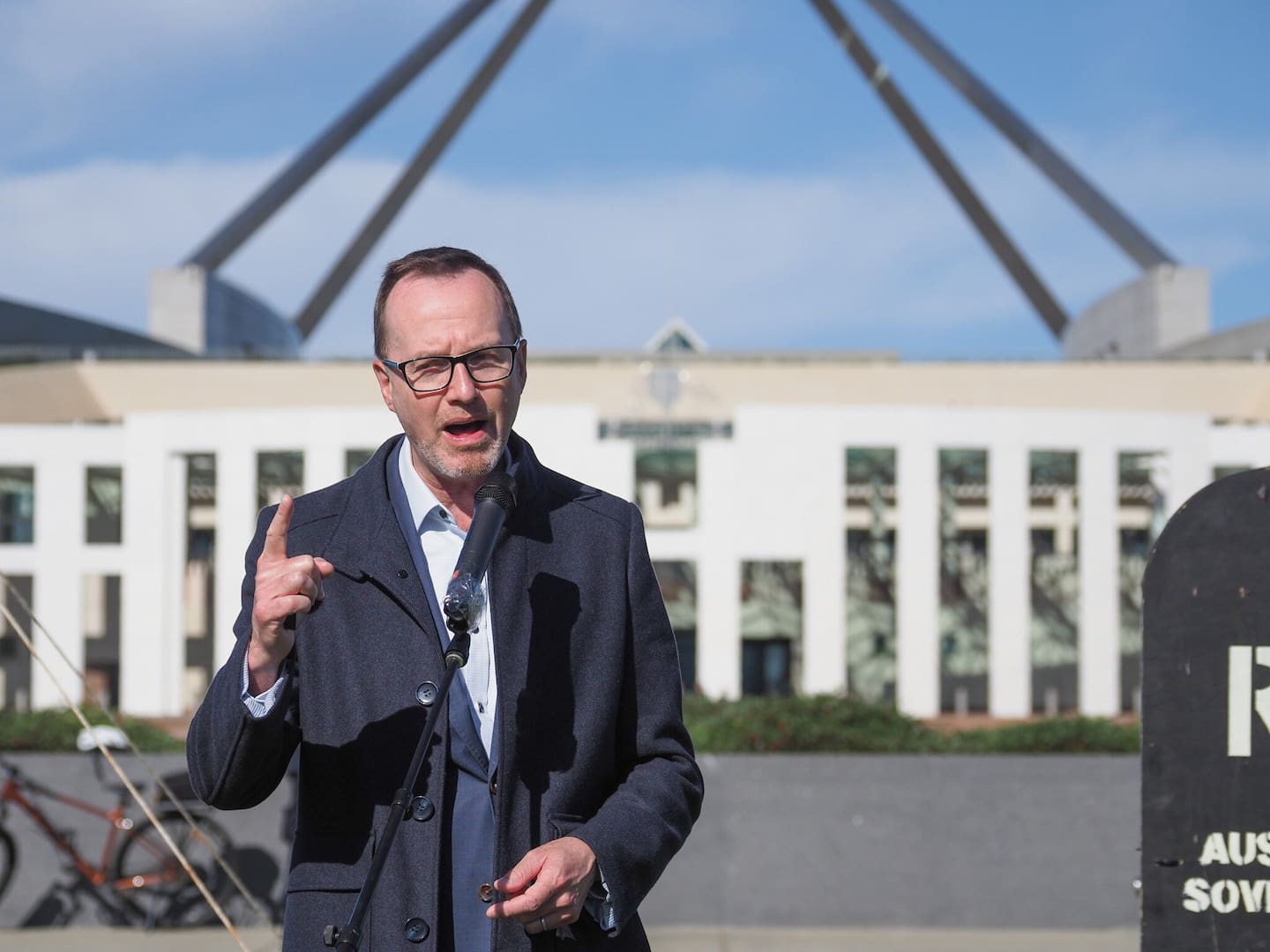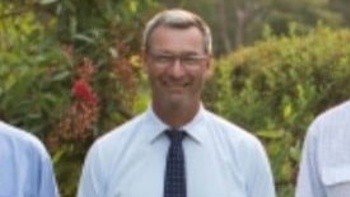
- Australian Senator David Shoebridge warns AI deepfakes threaten democracy and urges New Zealand to take heed.
- Deepfakes have been used in elections globally, with no current laws in Australia or New Zealand prohibiting political use.
- Shoebridge emphasises the need for legislation, citing risks of misinformation spreading rapidly via social media.
An Australian senator says AI is posing a threat to democracy in the Australian election and should serve as a warning to New Zealand voters.
Deepfakes – AI-generated images that produce realistic content of someone saying or doing something they are not – have become increasingly common in elections around the world.
There is currently no law in place in Australia or New Zealand prohibiting political deepfakes and Greens Senator David Shoebridge said that has left politicians in his party “exposed”.
“It could be produced by our domestic political opponents, or it could be produced by players outside of the Australian jurisdiction, [like] those backed by the fossil fuel industry who want to prevent Australian politics taking significant action,” he said.
 Greens Senator for New South Wales David Shoebridge outside the Australian Parliament House in Canberra.
Greens Senator for New South Wales David Shoebridge outside the Australian Parliament House in Canberra.
Last year, a deepfake impersonating then-President Joe Biden told thousands of voters in the US state of New Hampshire not to vote in the upcoming primaries.
Leading parties in India’s election also created deepfakes of each other.
One deepfake portrayed the daughter of a militant leader as a middle-aged woman encouraging Tamils to fight for their political freedom. The woman died in 2009 at the age of 23.
Abhinav Dhall, Associate Professor of Data Science and AI at Melbourne’s Monash University, said deepfake production is no longer reserved for highly skilled programmers or tech giants.
“There are a lot of apps and open-source tools available, using which pretty much anyone can do things such as swapping a face in an image or generating a video from an image,” he said.
Australia introduced legislation last year criminalising non-consensual pornographic deepfakes, but there is no law preventing the spread of political deepfakes.
Shoebridge said an inquiry into social media’s responsibility for the content showed major players aren’t interested in leading the charge.
“[They] said to us, if Parliament’s not going to act, why should they take the political risk of acting in the absence of Parliament?
“A lot of people are taking their information now from social media channels and consuming facts extremely rapidly. In those circumstances the risk of a compelling short grab from a deepfake, I think it’s very real.”
The Australian Government has introduced a law change banning deceptive deepfake videos and voice clones during elections and referendums, but Shoebridge said the law change won’t take effect until next year.
“I don’t think there’s any question that deepfakes have a real risk of skewering our democracy in this upcoming federal election campaign,” Senator Shoebridge said.
“Watch closely what’s happening in Australia and seriously think about what measures are needed to protect New Zealand’s democracy and hopefully you can learn from any mistakes we make.”
Australians head to the polls on May 3.
Take your Radio, Podcasts and Music with you









